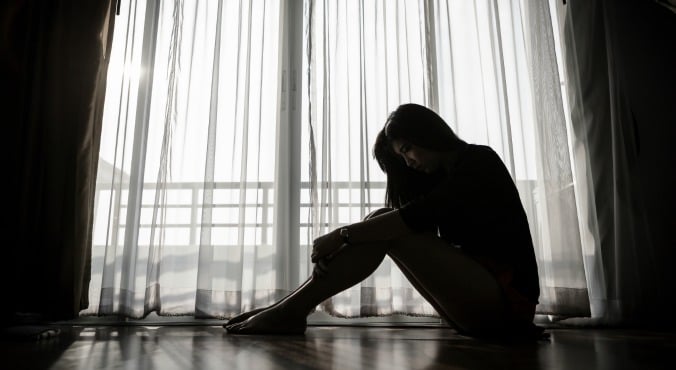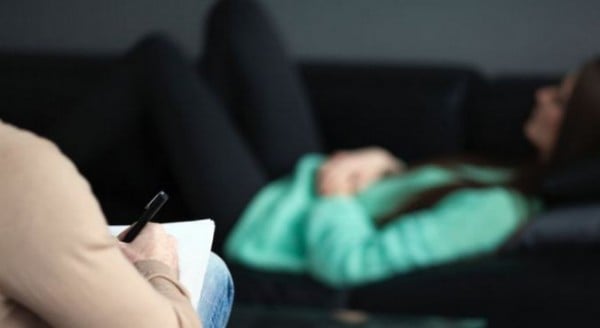
Image via iStock. By: Christopher Davey, University of Melbourne.
So you’re depressed. You know this because a health professional has told you so, or you’ve been depressed before and there is no mistaking the symptoms. Or perhaps you just suspect that you’re depressed – you’ve used an online screening questionnaire that suggests the diagnosis, and just need to see a health professional to confirm it. What now?
First stop: talking therapies
Psychotherapy remains the cornerstone of treatment. Cognitive behavioural therapy (CBT) is the most studied of the therapies, but other forms are effective too. CBT works by addressing the thoughts and behaviours that act to entrench depression.
When people are depressed they tend to withdraw from their social networks. They no longer enjoy social interactions and think they’re unappealing company. By spending more time alone, and less time around people whose company they would usually enjoy, the depression gets worse, leading to even more time spent alone, and so on.



